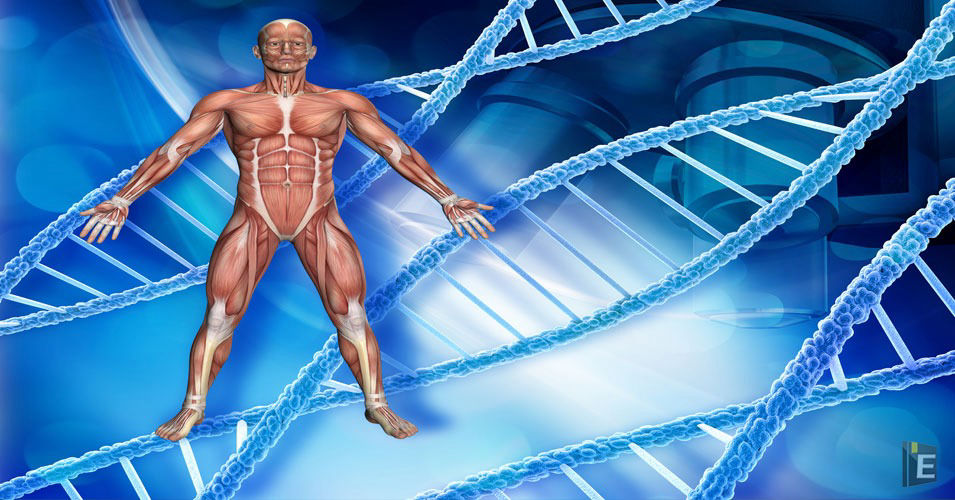Top 100 Biology GK Questions

Carrier of Dengue disease is
(A) Aedes mosquito
(B) Culex mosquito
(C) Housefly
(D) Anopheles mosquito
Correct Answer : A
The biochemical laboratory of human body is
(A) stomach
(B) liver
(C) intestine
(D) kidney
Correct Answer : B
Water from soil enters into root hairs by
(A) Capillary Pressure
(B) Osmotic Pressure
(C) Root Pressure
(D) None of the above
Correct Answer : A
Plants that grow in highly salty soil are called?
(A) Xerophyta
(B) Mesophyta
(C) Halophyta
(D) Thallophyta
Correct Answer : C
With which of the following are the terms hypoglycemia and hyperglycemia related?
(A) body fat
(B) Blood sugar
(C) cancer
(D) none of these
Correct Answer : B
In which branch do you study flowering plants?
(A) Cryptogames
(B) Phanerogames
(C) Bryophytes
(D) Pteridophytes
Correct Answer : B
Explanation :
Plant & flower science: Botany is the branch of biology that deals with plants. It involves the study of the structure and properties of plant life, including flowers and trees. Also included are plant classification and the study of the interactions of plants with their physical environment.
Due to whose discovery Waxman was given the Nobel Prize?
(A) Chloromycetin
(B) Streptomycin
(C) Neomycin
(D) penicillin
Correct Answer : B
Which of the following animals can live for the longest period without drinking water?
(A) Giraffe
(B) Kangaroo Rat
(C) Kangaroo
(D) Camel
Correct Answer : B
Whose discovered the first antibiotic?
(A) W. Fleming
(B) C. Waxman
(C) Louis Pasteur
(D) A. Fleming
Correct Answer : D
By whom was the first heart replacement done?
(A) Dr. William Harvey
(B) Sir F. Yes. hoffkins
(C) Dr. Louis Pasteur
(D) Dr. Christian Bernard
Correct Answer : D



